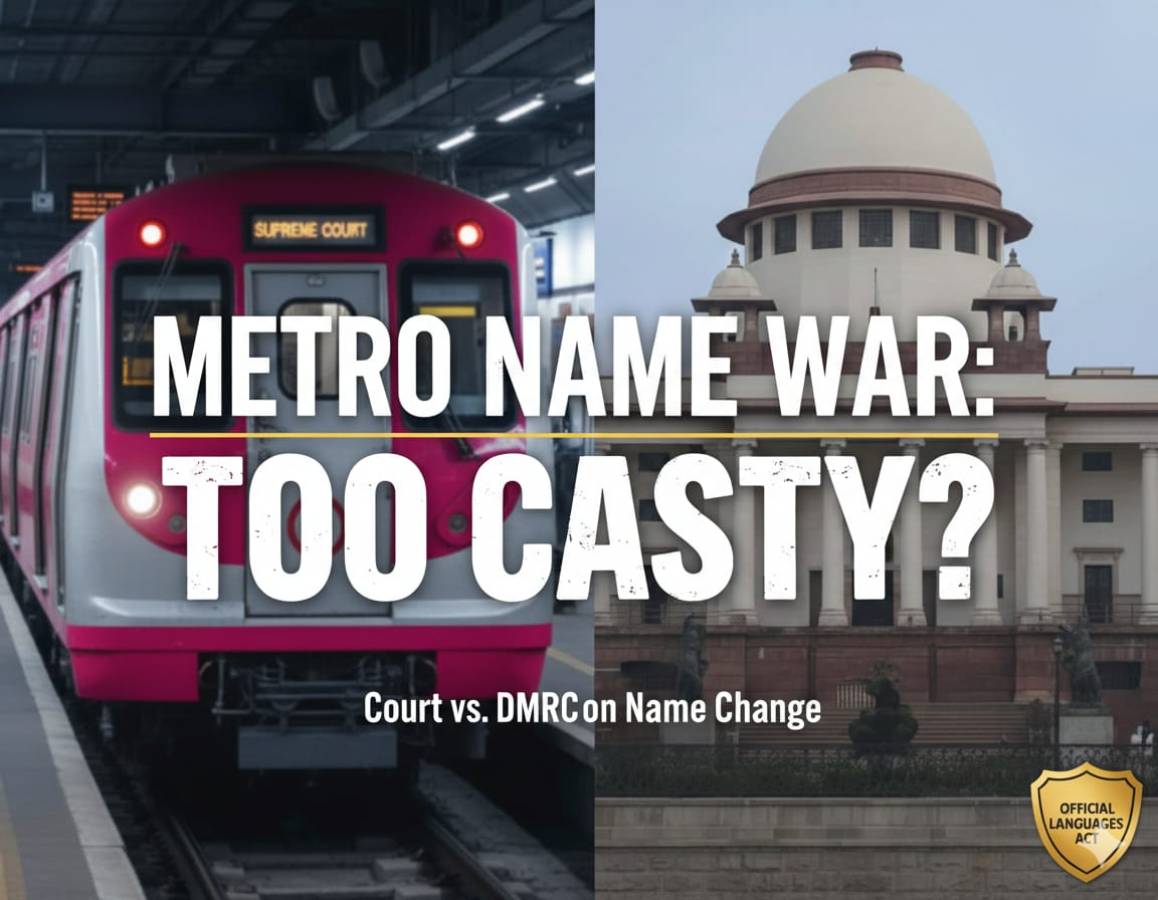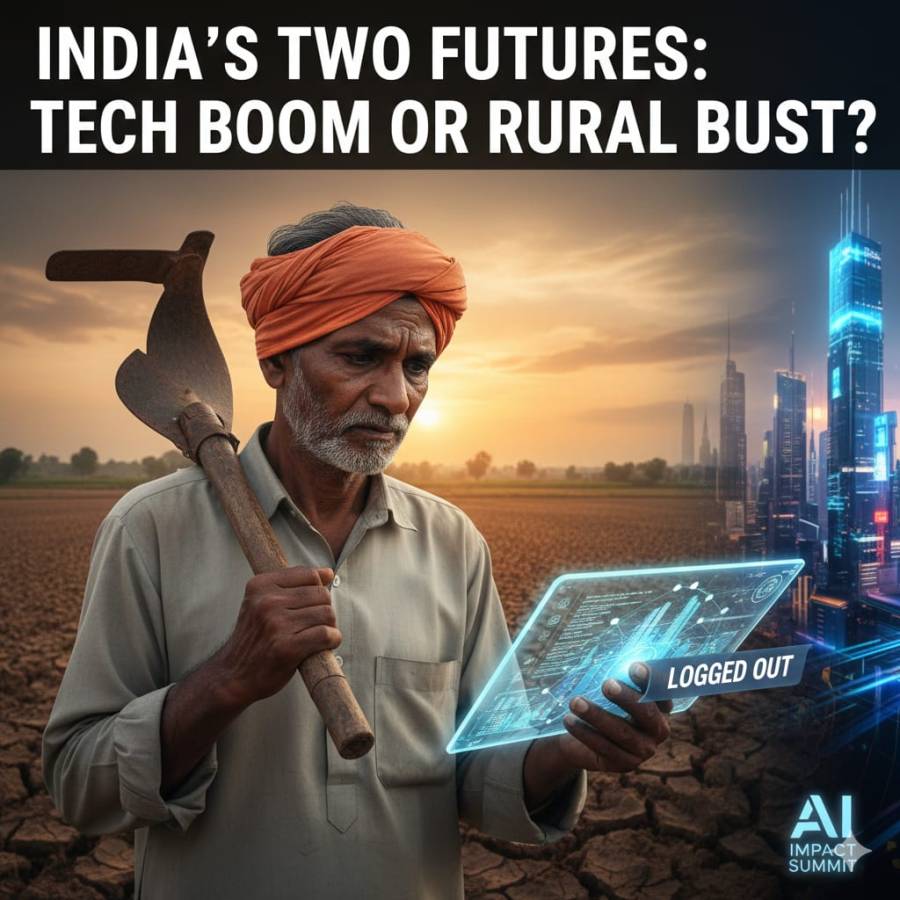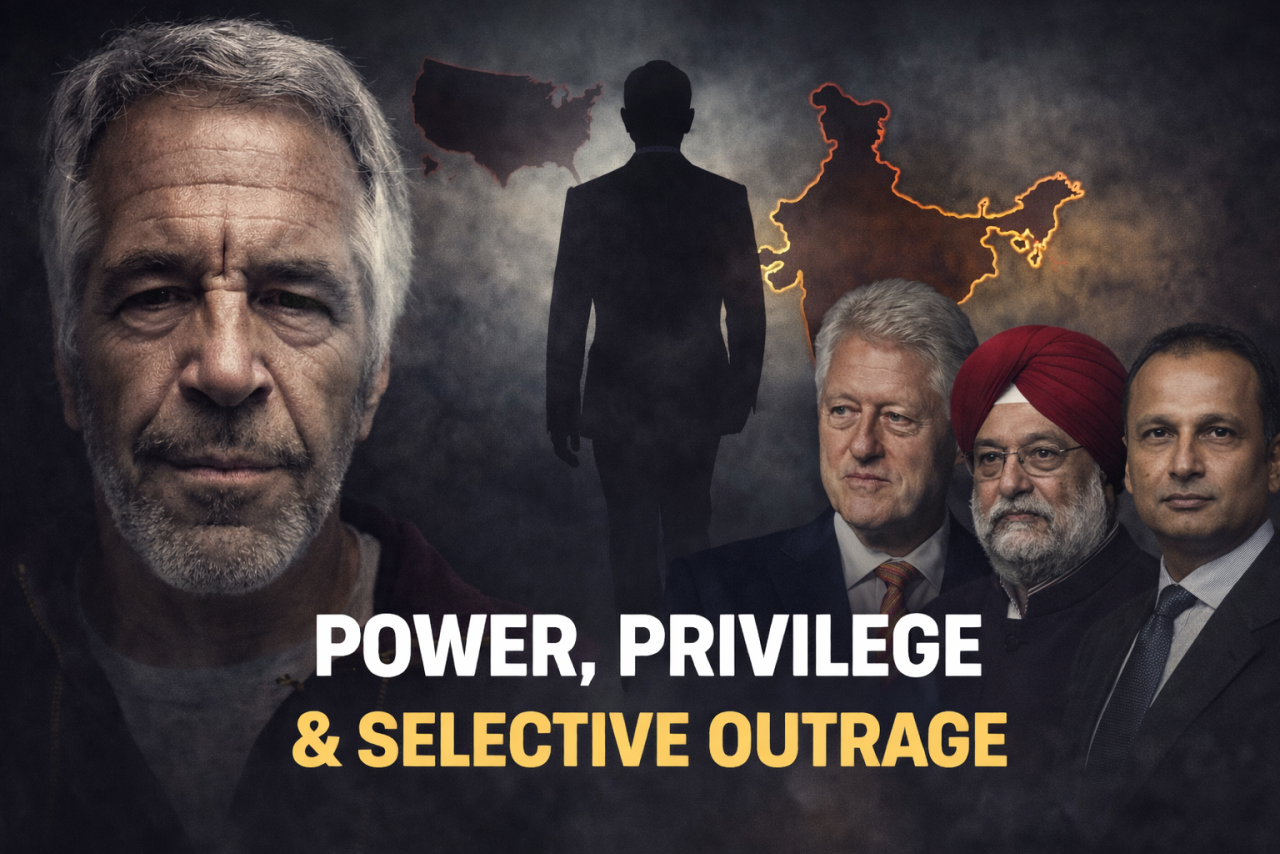.jpeg)
By now, even the most cynical observers of international diplomacy are beginning to acknowledge something remarkable. India is not just showing up at the global stage, it is shaping it. Prime Minister Narendra Modi’s address at the BRICS Summit in Rio de Janeiro marks more than just another diplomatic event. It signals a subtle shift in how India intends to position itself — not merely as a participant in a multilateral grouping, but as a reformer determined to realign the global South’s role in a multipolar world.
It is not the first time Modi has stood before a congregation of global leaders and spoken of resilience, sustainability, and inclusive growth. But this time, his emphasis on redefining BRICS during India’s upcoming chairmanship carries weight. Because in recent years, BRICS — originally envisioned as a forceful bloc of emerging economies — has been drifting without a clear narrative. China has often dominated proceedings. Russia, beset with geopolitical confrontations, has taken a defensive posture. Brazil and South Africa have had their own domestic and economic distractions.
India, however, has maintained a steady course. And now it seeks to steer.
During his address, Modi laid out a vision that marries ambition with pragmatism. He spoke of reforming global institutions and crafting a more people-centric approach to multilateralism. More importantly, he promised to make India’s presidency of BRICS not about slogans or declarations, but about outcomes.
This is in keeping with India’s increasingly assertive foreign policy in the Modi era. From its active role in the G20 to its expanding strategic partnerships across Southeast Asia, Africa, and the Middle East, New Delhi is no longer content playing the role of a reactive middle power. It is instead crafting its own narrative — and BRICS may well become the next chapter in that story.
There are practical considerations behind this shift too. India has long been frustrated by how global trade and finance are structured to favour the West. Issues such as debt restructuring for developing nations, the monopolization of digital standards, and uneven access to technology continue to plague the global South. Modi made it clear that these would be priority areas during India’s term as chair. He specifically mentioned the need for inclusive and sustainable development, and he cited initiatives like the Green Credit scheme as examples of what India would promote.
And it is not just rhetoric. India has walked the talk on digital public infrastructure, financial inclusion, and food security. Now it wants to share those models through BRICS platforms. In some ways, this feels like a throwback to the ideals of the Non-Aligned Movement, updated for a new century. Less ideological, more transactional. Less about choosing sides, more about building capacities.
It also helps that India has increasingly gained the confidence of other member states. With China often seen as pursuing its own agenda within BRICS and Russia focused on Western pushback, India emerges as a balancing force. A country that can speak to the developing world with authenticity while negotiating with the West with confidence.
What also emerged from the sidelines of the summit was India's deepening bilateral engagements, especially with ASEAN countries like Malaysia. Modi’s meeting with Malaysian Prime Minister Anwar Ibrahim showed how India is aligning strategic diplomacy with trade and defence cooperation. The review of the India-ASEAN FTA, delayed for years, is now moving forward. This too signals a more proactive India, aware of its economic leverage and willing to use it.
But the road ahead is not without obstacles. There will be inevitable tensions within BRICS — especially with an expanded membership that includes countries with divergent worldviews. There is also the challenge of delivering results in a multilateral format that tends to be long on promises and short on implementation. India must resist the temptation to overpromise and instead focus on achievable outcomes.
If it succeeds, it may well have the opportunity to give BRICS the sense of purpose it has long lacked. Not as a counterweight to the West, but as a coalition of capable partners who speak not just of justice, but also of innovation, growth, and delivery.
In that sense, Modi’s statement in Brazil is not just a diplomatic talking point. It is a marker — a signal that India intends to lead not with rhetoric, but with ideas that matter. For a world looking for new centres of gravity, that may be the most consequential development of all.





















